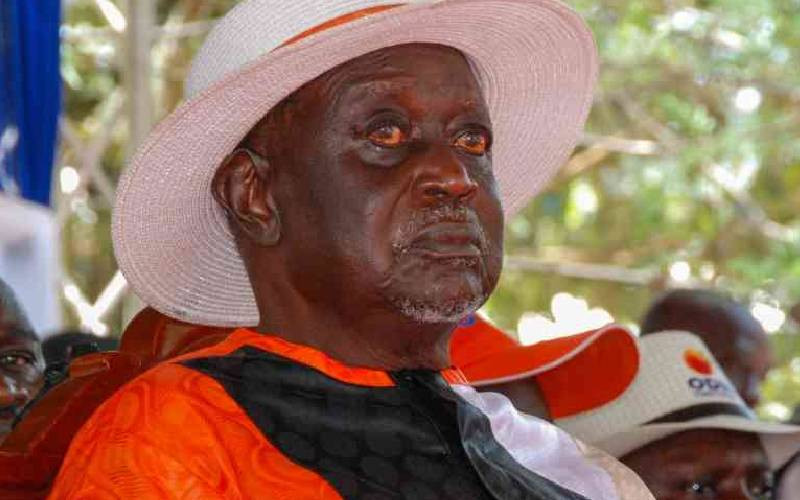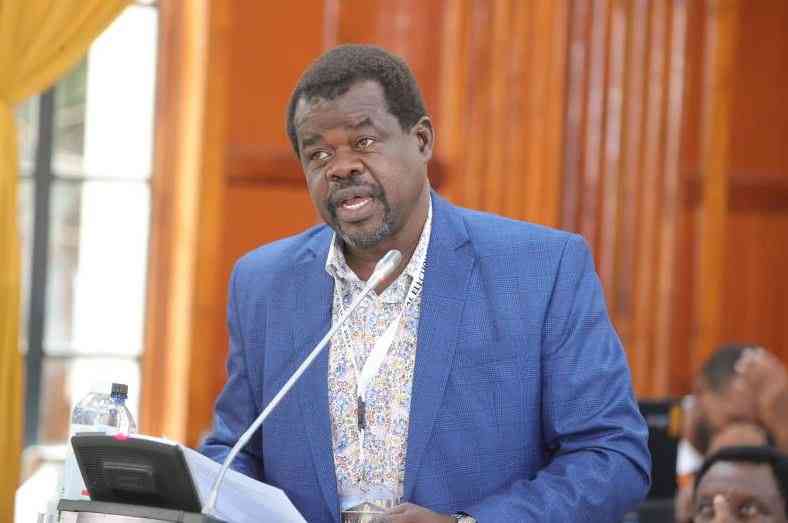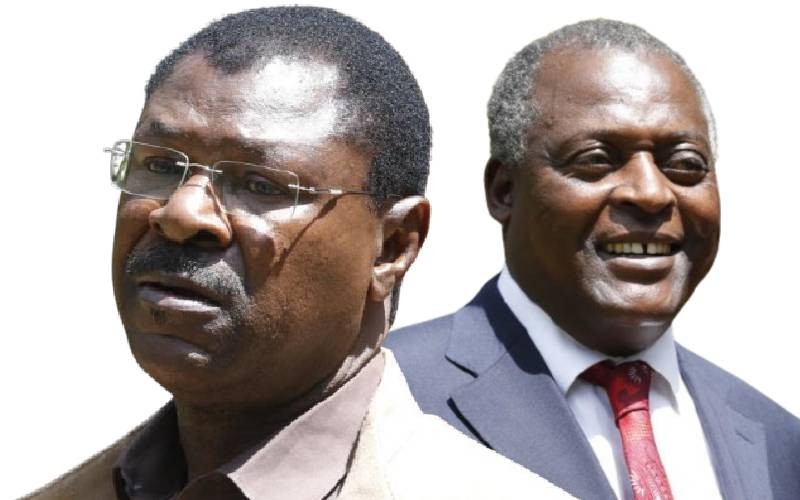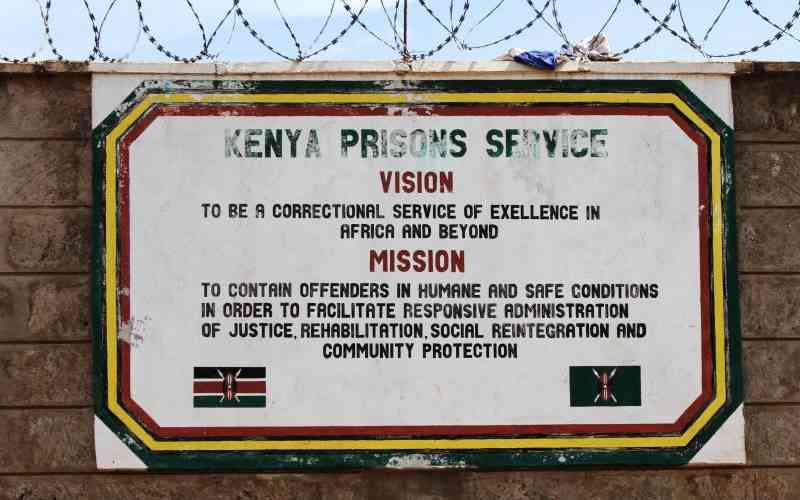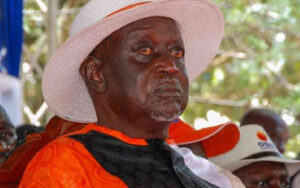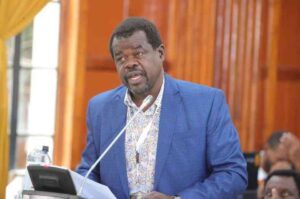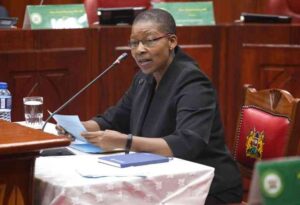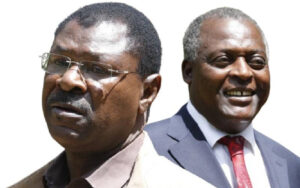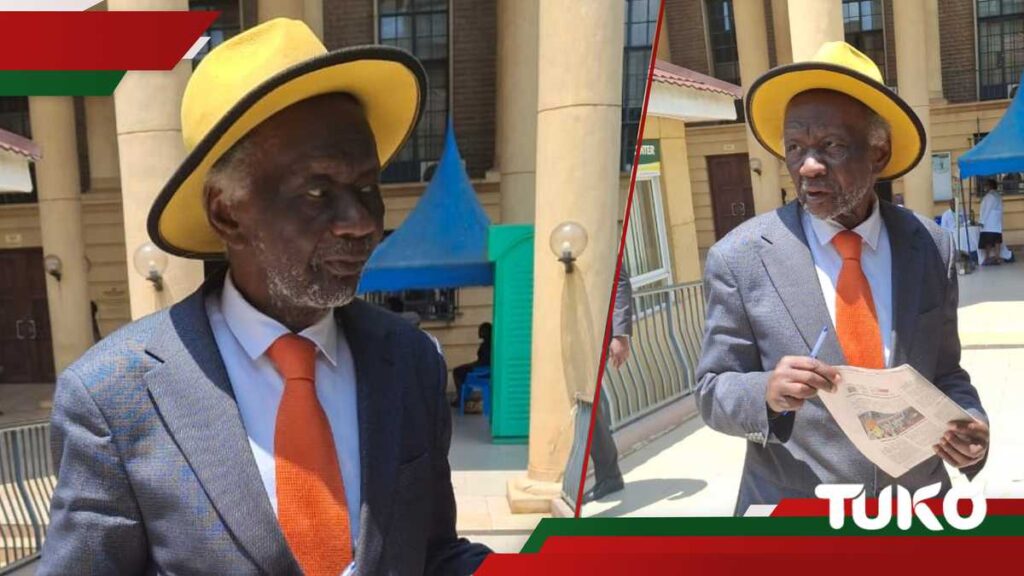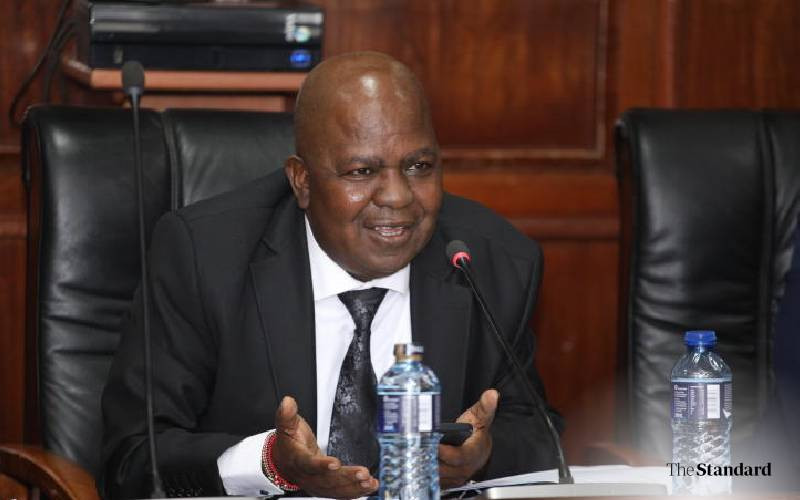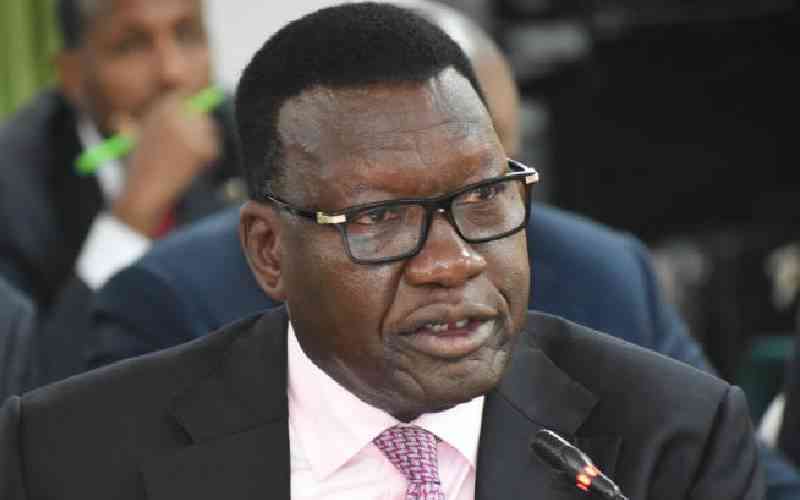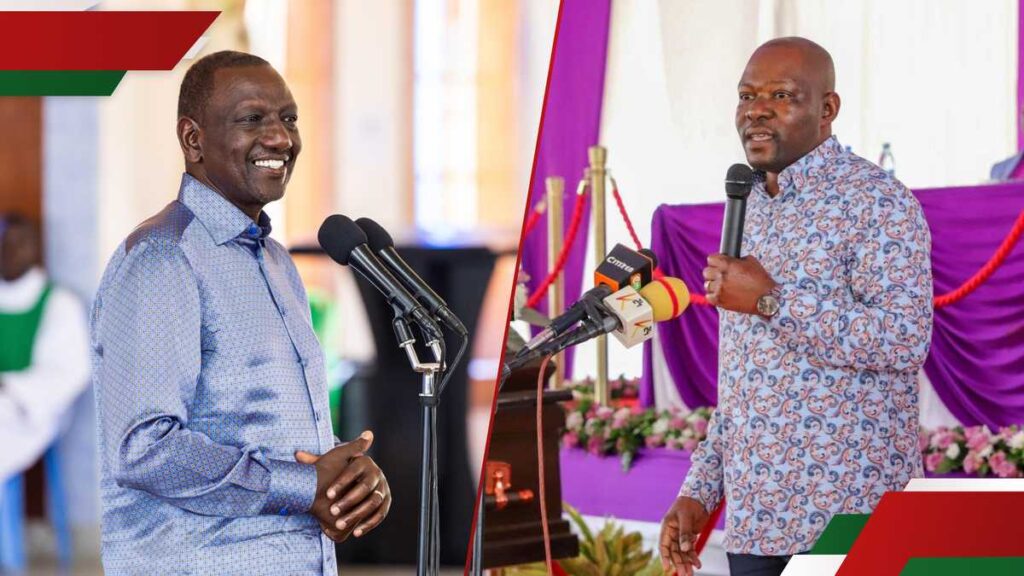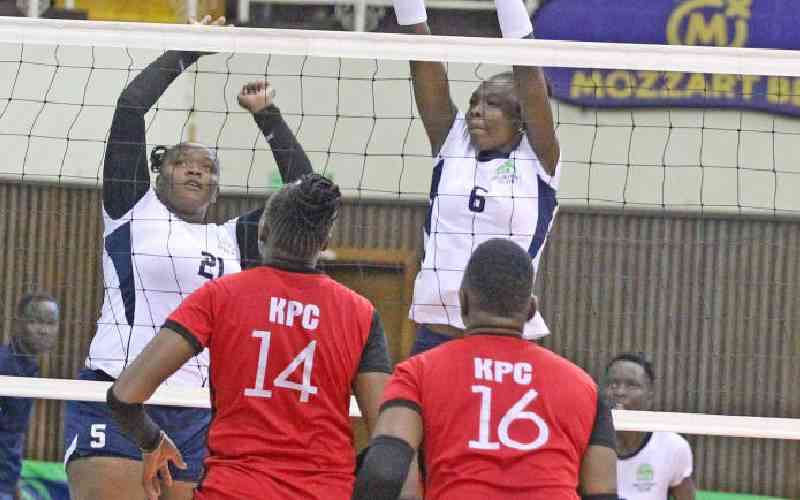Parliament has clarified that the Friday court ruling, which declared the 2023 amendments to the electoral laws unconstitutional has no effect on the Independent Electoral and Boundaries Commission (IEBC) Selection Panel.
It said that the court’s decision does not impact the IEBC selection panel, as the 2023 Act had been amended by the IEBC (Amendment) Act 2024, that was assented to by President William Ruto earlier this year.
This was communicated in a statement released shortly after the ruling.
“While the petition was pending before the High Court, the Independent Electoral and Boundaries Commission Act was amended in 2024 to implement the recommendations of National Dialogue Committee (Nadco) on the composition of the IEBC Selection Panel. This amendment was made through the Independent Electoral and Boundaries Commission (Amendment) Act, 2024,” read the statement in part.
“Therefore, today’s judgment has no effect on the composition of the Selection Panel for the Recruitment of Chairperson and Commissioners of the IEBC,” it added.
On Friday, the High Court declared that last year’s amendments to the IEBC Act were unconstitutional.
In a ruling on a case filed by Busia Senator Okiya Omtatah, supported by 13 opposition Senators, Justice Lawrence Mugambi said that the Senate had not been forthcoming about the report that raised critical issues about the selection of the panel to recruit the commissioners.
Public views
According to Justice Mugambi, the withdrawal of the Senate Standing Committee on Justice, Legal Affairs, and Human Rights report from the House floor meant that public views were trashed without consideration.
“The respondents have not been transparent about what happened to the public views that were gathered and which informed the Senate Committee’s report, leading to recommendations for amendments after the report was withdrawn without debate,” said Justice Mugambi.
He said although the National Assembly claimed that it had conducted public participation, this did not absolve the Upper House from scrutiny for failing to do the same.
“In the circumstances, I find that the processing of the Bill in the Senate violated Articles 118 (1) (b) and 10(2) (a) of the Constitution hence the ensuing Independent Electoral and Boundaries Commission (Amendment) Act No. 1 of 2023 is unconstitutional null and void,” he ruled.
Omtatah had argued that the IEBC selection panel was appointed using an illegally passed law. He claimed the Senate passed the law without considering the views, opinions, and report of the committee.
Stay informed. Subscribe to our newsletter
The Act established a seven-member IEBC selection panel made up of two individuals from the Parliamentary Service Commission, one nominated by the Public Service Commission, Political Parties Liaison Committee and the Law Society of Kenya, and two nominated by religious organisations.
Parliament, however, said that after Omtatah filed the petition challenging the constitutionality of the IEBC Act 2022, the law was repealed and replaced by the Independent Electoral and Boundaries Commission (Amendment) Act, 2024.
“Paragraph 1(2) of the First Schedule to the Independent Electoral and Boundaries Commission Act was deleted and replaced by a new paragraph 1(2) which increased the composition of the Selection Panel from 7 members to 9 members,” Parliament said.
Adding, “Consequently, paragraph 1(2) of the First Schedule to the Independent Electoral and Boundaries Commission (Amendment) Act, 2023, which was the subject of the court challenge was non-existent. Despite this amendment, the court case was not withdrawn.” It states that the High Court, by dint of its ruling, declared a non-existent provision of the Independent Electoral and Boundaries Commission (Amendment) Act, 2023 as unconstitutional.


